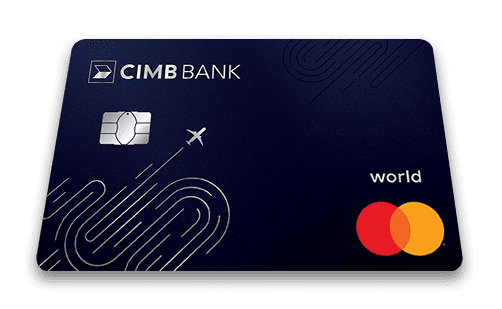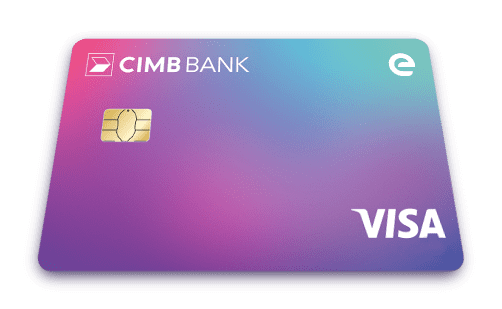{{tile.title}}
{{tile.description}}
{{tile.expiryDate}}





We will be right with you.
Travel Tips
CIMB ❘ 21 Jan 2025
4 min(s) read
Everybody wants the trip to make it out of the group chat. That is, until you go over-budget. Don’t feel bad! It can happen to anyone, especially with fluctuating exchange rates. However, with a bit of planning, you can keep your travel budget on track and make the most of your experience.
First things first, you have to know your stuff! Starting with what currency fluctuations are. Simply put, currency fluctuations are changes in the value of one currency compared to another. This tends to happen all the time because of various economic reasons like inflation, global economic conditions, market sentiment or political stability.
This means that the value of the foreign currency you exchange can vary, affecting your travel budget. So, how can you travel without worrying about currency fluctuations? Read on for tips on how to keep your spending in check while you’re abroad!
The trick is to start planning your budget early, even before you start packing your bags! Here’s a quick guide to get the ball rolling!
Step 1: Pick a destination
Begin by choosing your vacation destination. Think about the activities you want to try, how many souvenirs you plan to buy, the cost of food there, and so on. It’s useful to consider things like transportation options, accommodation types, and any special experiences you want to include, such as guided tours or local attractions.
Step 2: Create a budget
From there, you can create a budget that covers all your expected expenses. Always budget a little extra for those unanticipated purchases, like a souvenir for a friend or an unexpected meal splurge—because they always happen!
Step 3: Decide how to split your money
Once you have an estimation of your expenses, prepare for your trip by carrying both cash and a travel credit card. Having a combination of the two gives you flexibility for different situations—cash for smaller purchases and a credit card for larger or unexpected expenses. With CIMB TravelCurrency, you can secure your cash at the lowest* rates in town, making sure you’re well-prepared for your holiday!
This might seem like a lot to take in, but don’t worry! Here are a few tips and tricks to help you manage currency fluctuations easier!
Trick #1: Don’t put all your eggs in one basket! Diversify your payment methods by keeping a mix of cash, travel debit cards, and travel credit credits.
Trick #2: Research is your best friend! Keep an eye on exchange rates. Currency converters are useful tools to quickly and accurately convert current rates. You can also check out our CIMB TravelCurrency rates to stay updated on the latest rates.
Lastly, you should be mindful of your spending habits from the moment you set foot on the plane. Try to use the local currency whenever possible because many credit or debit cards charge fees for international use and often offer poor conversion rates.
When withdrawing cash, use ATMs that are partnered with your bank internationally to avoid hefty withdrawal fees. Better yet, opt to pay with a travel credit card.
CIMB offers a range of travel credit cards you can benefit from! Whether you’re looking to earn reward points for travel spending and bookings, enjoy complimentary travel insurance and Wi-Fi, or gain access to selected airport lounges worldwide, CIMB’s travel credit cards have you covered!
Travelling is all about exploring new places and soaking in incredible experiences. By budgeting smartly, you can focus on what really matters—having an amazing time! Apply for a CIMB Travel Credit Card via our website or the CIMB OCTO app with no annual fee and enjoy a stress-free trip.
Disclaimer: *The lowest rates in town offered by CIMB is in comparison against other commercial banks’ and money changer providers’ published rates.
This article is for informational purposes only and CIMB does not make any representation and warranty as to the accuracy, completeness and fairness of any information contained in this article. As this article is general in nature, it is not intended to address the circumstances of any particular individual or entity. You are advised to consult a financial advisor or investment professional before making any decisions based on the information contained in this article. CIMB assumes no liability for any consequences arising from your reliance on the information presented here.
This link is provided for your convenience only and shall not be considered or construed as an endorsement or verification of such linked website or its contents by CIMB Group.
CIMB Group makes no warranties as to the status of this link or information contained in the website you are about to access.
Do you wish to proceed?


